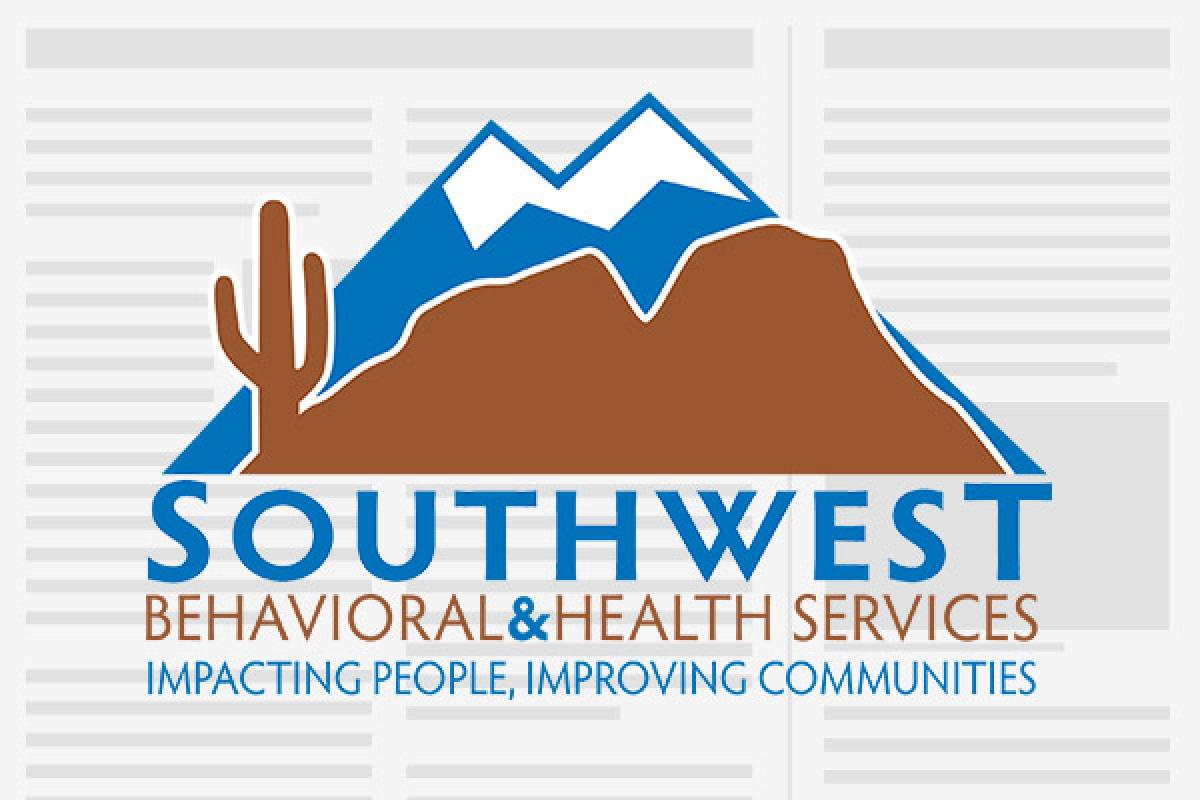
There are many areas of evolutionary human development that bear a significant relation to parenting today and the prevention, intervention and treatment of substance abuse and other risks. Let’s look at a few of these and their connection to drug and alcohol abuse.
1. SOCIAL ANIMALS
We humans have always been social animals. We are hardwired to seek connection with those around us, and the most foundational connection is the bond between child and parent.
Connection to Substance Abuse
Research has shown that family members, especially parents, have a powerful influence in the lives of their children. This can be a protective factor when parents seek to prevent or intervene in their child’s substance abuse. Children and teens whose parents talk to them about the dangers of drugs and alcohol are far less likely to use than those young people who lack that influence. Proactive parents who set clear limits and build trusting, respectful relationships with their kids are key to reducing risks.
When a young person does begin to experiment or develops a dependence, there are strategies parents and other family members can learn to maintain and strengthen the connection with their child. The Community Reinforcement and Family Training (CRAFT) approach maximizes loved ones’ positive influence in motivating the child with addiction to seek positive change.
2. BRAIN CHEMISTRY - OXYTOCIN
The release of oxytocin in the brain promotes that protective bonding between parent and child. Humans evolved to release this chemical in a new mother when she nurses her baby. It serves as a safeguard to increase the survival of the infant. The more bonded the mother feels to the infant, the better care she will give. Oxytocin also sets the stage for executive functioning in the brain that allows for the anticipation of consequences, the ability to resist impulses and the capacity to exert self-control.
Connection to Substance Abuse
When trusting relationships exist between parent and child, the parent is able to be a positive influence, thereby reducing risk. Children with healthy bonding with a parent learn that they and their needs are important; therefore, they are likely to develop a healthy sense of self-validation. Proficient executive functioning optimized by the presence of oxytocin in the brain allows a young person to consider the dangers of drug and alcohol use and to be able to successfully handle peer pressure situations.
3. BRAIN CHEMISTRY - CORTISOL
The instinct to fight, flee or freeze when we feel threatened served our ancestors well for survival in a world of predators and other dangers. The base of the human brain, sometimes referred to as the “old brain,” prompts us to respond to physical danger with the release of hormones like cortisol and adrenaline.
Today, we experience stress in our everyday lives which is perceived by the brain as “danger.” The fight/flight/freeze hormones are released, but we typically don’t respond physically. This can cause a build-up of cortisol which can lead to "toxic stress.”
Connection to Substance Abuse
Toxic stress and trauma have been linked to substance abuse and other risky behaviors. Children who have multiple early adverse experiences which cause toxic stress have been shown to have smaller brains than others the same age who haven’t suffered similarly. Such children live under constant high alert, so they never learn to self-soothe. This can prime them to seek solace and relief in the use of drugs or alcohol later in life.
4. UNSTRUCTURED PLAY
Children have a developmental need for unstructured play on their own terms without adult interference. This prepares them with things like:
· Fine and gross motor skills
· Cognitive skills
· Language development
· Problem-solving
Connection To Substance Abuse
A recent study compared the self-control of three-, five- and seven-year-olds today to those of the same age in the 1940s. They found that five-year-olds of today have the same level of self-regulation of three-year-olds in the ‘40s, and that today’s seven-year-olds function like the five-year-olds of yesteryear. Researchers suspect that this is due to the lack of regular, imaginative free-play with other children in our modern day society
Explorative free play with other children allows small children to develop the language skills that they use for self-regulation or the ability to self-control when they feel difficult emotions. It builds problem-solving skills as they work out disagreements and “rehearse” challenging situations in make-believe play.
These abilities help them later in adolescence to successfully manage peer pressure situations and to resist potentially dangerous impulses, like trying alcohol or drugs on a whim.













